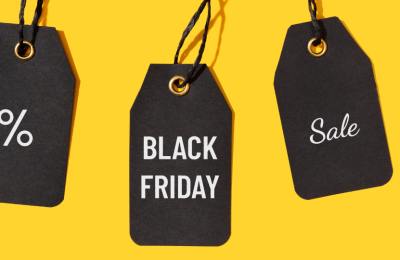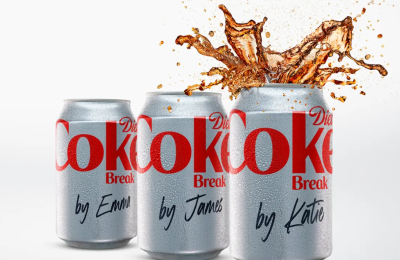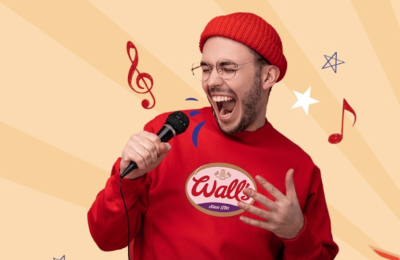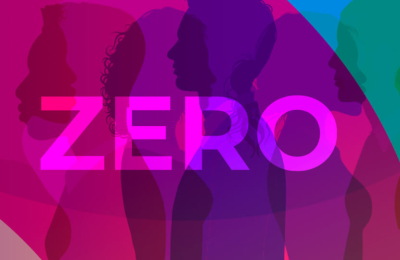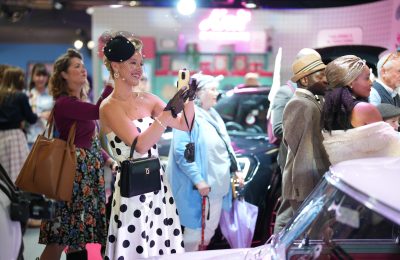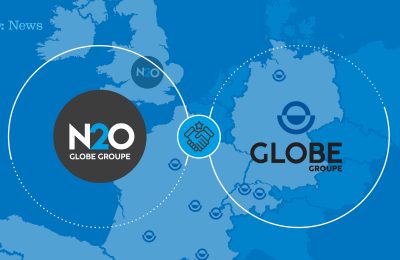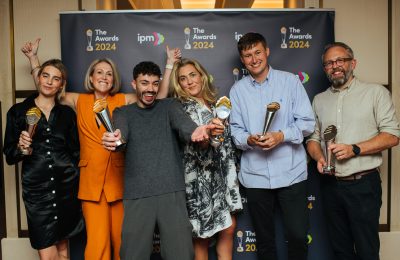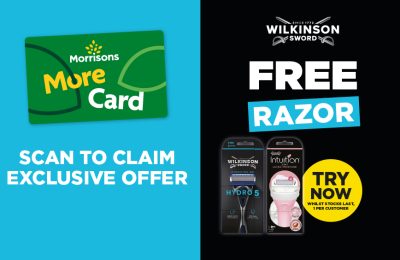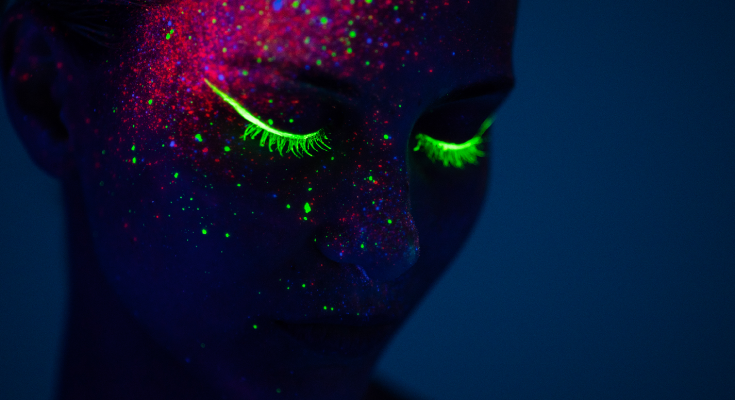New data has revealed that the UK’s latest generation of digital natives are actually the most likely to go online to investigate their health and beauty product options but then buy them on the high street: 33% of those aged 25 and under admitted as much, more than any other age group.
Around half (48%) of Generation Z prefer to shop for health and beauty products in a high street chemist like Boots or Superdrug, but they’re also far and away the most likely to visit a specialist retailer like Holland & Barrett or The Body Shop – 10% do so.
Meanwhile, millennials (aged 25-39) are the most likely to both research and buy online.
The research also found that six out of ten Gen Z shoppers (60%) said they had bought beauty or personal care products by the age of 14, compared to just 39% of millennials and a quarter (23%) of those aged 50+. Nearly half (45%) of those aged under than 25 bought make-up as their first beauty purchase.
The survey of 1,200 UK consumers of all age groups was commissioned by The Pull Agency, a creative agency specialising in healthcare and beauty brands.
Claire Rance, head of Brand Strategy at The Pull Agency, comments: “Gen Z aren’t focused solely on digital channels. They don’t typically have the larger expenses that come later in life and therefore have more disposable income to spend on health and beauty – but they also enjoy the physical high street shopping experience. Retail-tainment is the real draw for this generation and brands like Westfield know how to deliver that.”
Technology is also changing how younger people shop for health and beauty products. According to the research, a third (32%) of Gen Z shoppers have used voice search for those products, more than any other group, and they mainly use it to search for brands and items they already know about.
They’re also the most likely (again, 32%) to have used augmented reality (AR) apps for health and beauty products and the most likely (72%) to be interested in using AR or VR services in the future.
The research further revealed that more than half of Gen Z consumers (52%) say they mainly discover new looks and trends on Instagram, significantly more than any other demographic. YouTube is its second-largest source of influence, followed by friends and family members. Eight out of ten (83%, more than any other demographic) are influenced by product ratings and reviews.
They’re also the most likely (33%) to be swayed by health and beauty influencers – but only one in seven (14%) would be influenced by celebrities. However, like every other age group, they’re also most likely to discover and pick up new products in-store.
In addition, while the factor most likely to influence Generation Z shoppers to buy a particular product is its use of natural ingredients (58%), they are the age group most concerned to know if it’s cruelty-free (51%) and if it uses recycled packaging (42%). Seven out of ten (71%) would prefer to always feel good than always look good.
Claire Rance continues: “It’s no surprise that the beauty industry is keen to attract Generation Z shoppers as they were set to be the largest age group in the global population in 2019. However, that means understanding that they have a unique take on the products they buy and the reasons behind their decisions. Technology is a key element and many younger consumers tend to be open to trying new solutions like voice search or augmented or virtual reality. The importance of Instagram also can’t be overstated when it comes to younger consumers, and neither can the value of demonstrating a natural, sustainable and responsible approach to product development. With shoppers now starting their beauty purchases at age 12 or even younger, the opportunity is considerable for brands that get it right.”


